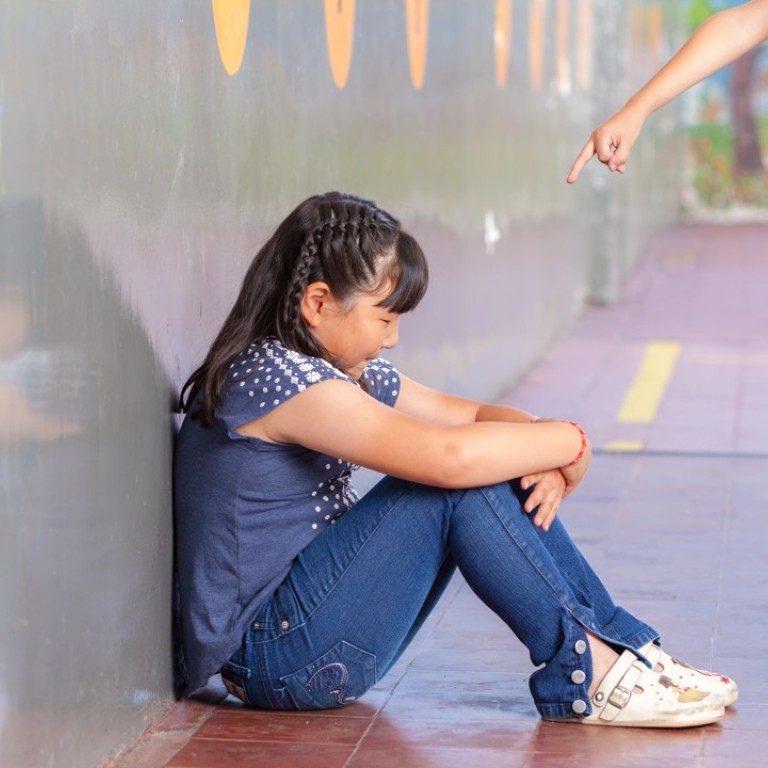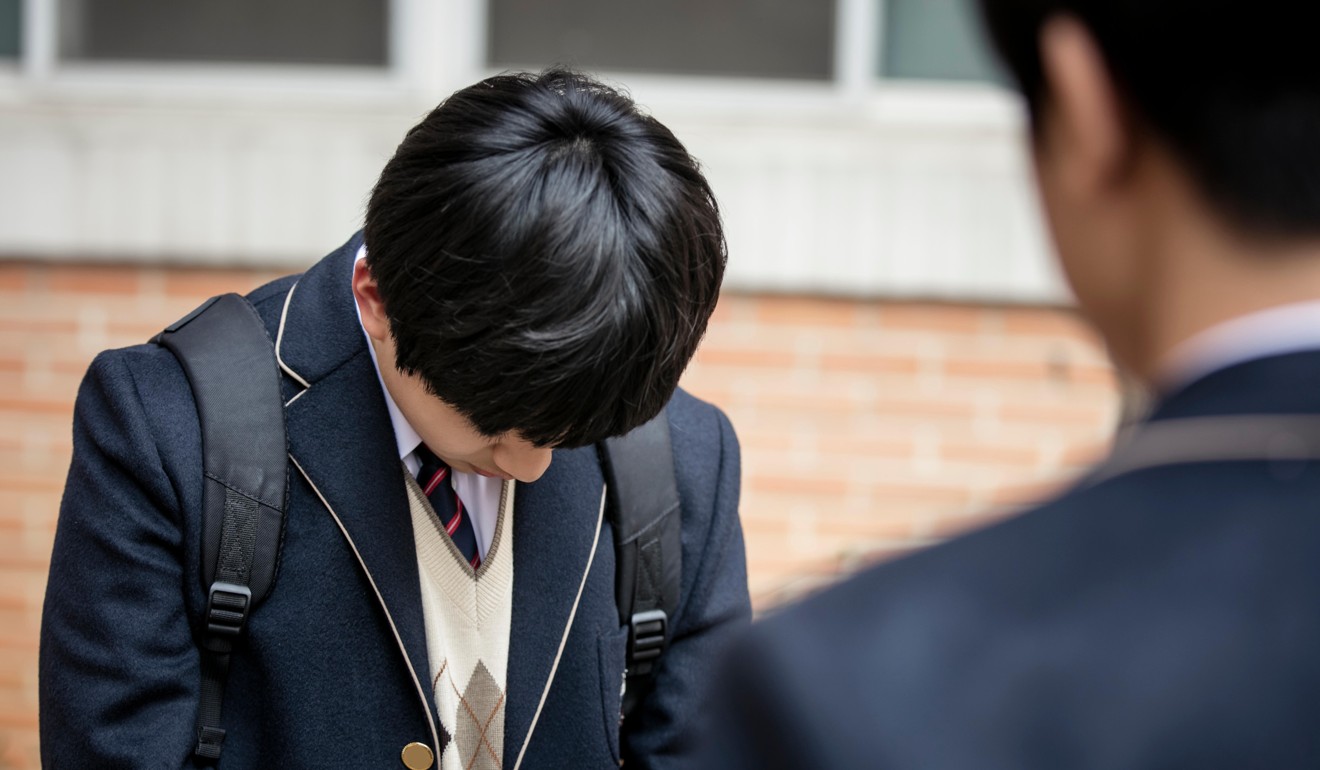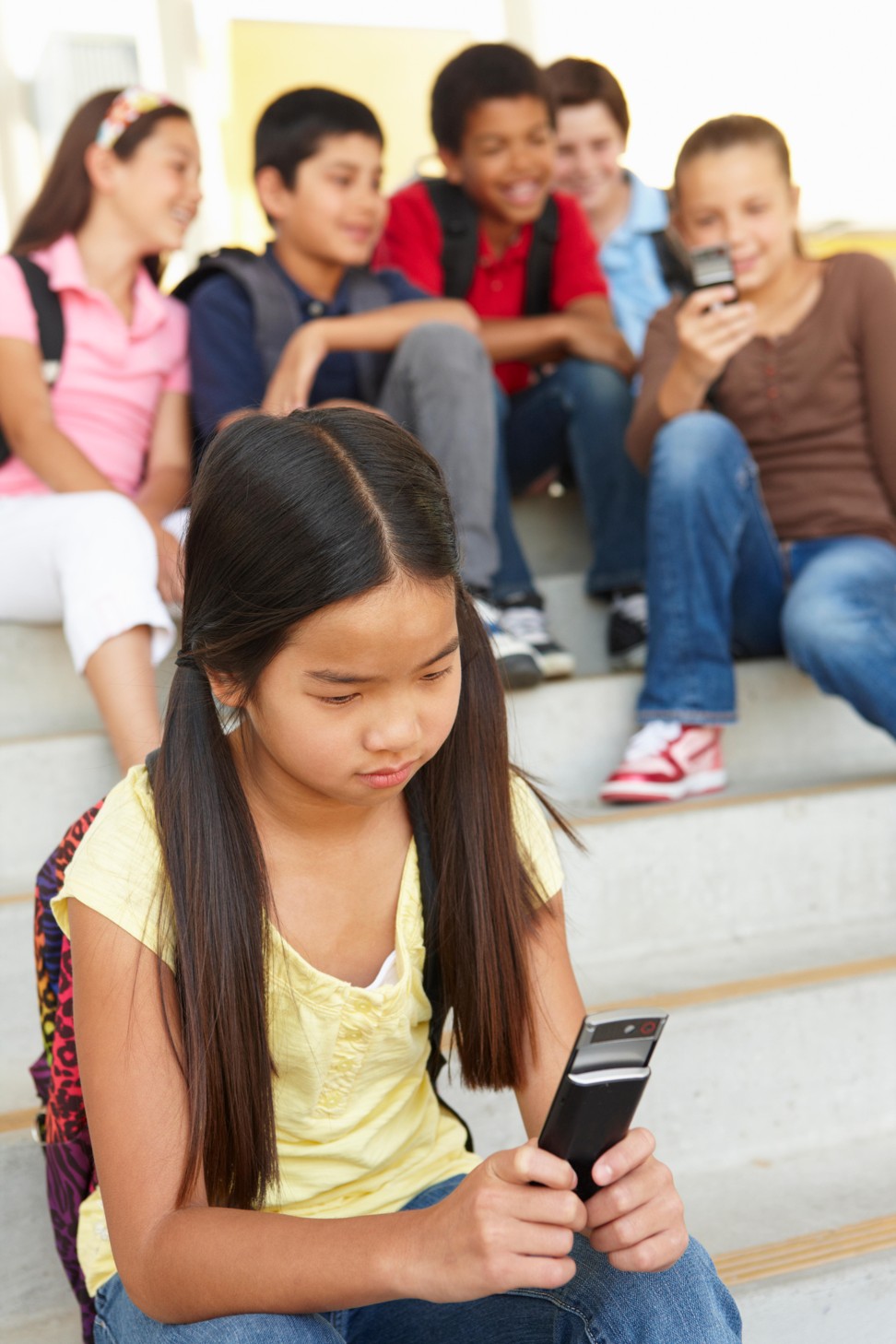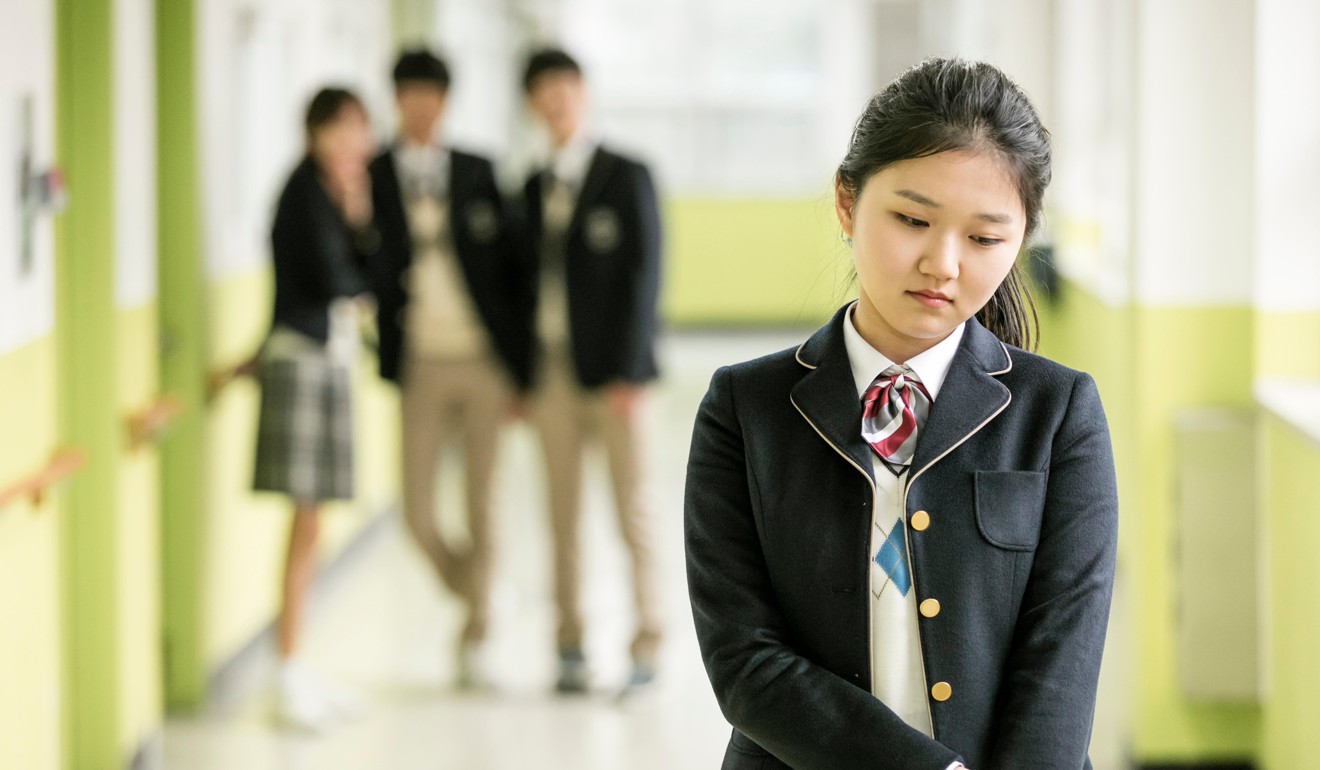
Does Beijing’s ‘boot camp’ for school bullies work? A mum whose own son was bullied isn’t so sure
Bullies can often be victims of bullying themselves, Hong Kong mum Anthea Rowan learns from a therapist. She looks at how families and schools can help prevent such antisocial behaviour
Bullies in Beijing risk being sentenced to hard labour in a bid to teach them to understand the error of their ways, it has been reported. I wonder how useful this is; will it really make a difference?
The “sentences” aren’t about lashings, gruel and solitary confinement, rather a rigorous introduction to community service, some military-school authority and a little psychological insight into the negative impact of their actions. In other words: lessons in empathy and a spot of discipline.
My son was so badly bullied at his prep school that we had to remove him. At the time I’d gladly have sentenced the little culprits to hard labour (the lashings, gruel and solitary confinement variety). But, with the passing of years, I looked upon his tormentors with less vitriol and even a little compassion, and sought to understand their cruelty: I discovered that one was struggling to cope with a mother’s drug addiction and the other his parents’ acrimonious divorce.

“At the family level, involvement in bullying can be related to a lack of positive adult role models; limited adult supervision; witnessing family aggression and family conflict,” she says.
Parents must look to their own behaviours. Children learn from those around them
I have to agree that a parent with a heroin habit and a couple who never stopped fighting probably constituted “limited adult supervision and family aggression”.
I ask her what she thinks of the hard labour trend (my son’s school did precisely nothing about his bullies; they tiptoed around the problem, looking for reasons for my son’s unhappiness in him, in our family dynamic – they didn’t even contact the bullies’ parents, far less impose any discipline).
“It’s interesting, because it’s not a new way of dealing with socially undesirable behaviour,” Rozga says. “Military schools and boot camps for troubled teens have been around in the UK and US for years. Both of these involve some sort of hard physical labour as a way to train kids with a history of bullying, violence and other antisocial behaviours to behave more appropriately. Whether these methods work can be argued both ways.”
Naughty classmates are distracting my Year 3 child, what should I do?
Some suggest it knocks the hard edges off youngsters, teaches them to consider how others may be feeling, and allows for a little introspection and self-reflection. Others suggest it teaches them to be tougher still.
After we’d removed our son and begun to rebuild his shattered little world, the mother of one of the boys contacted me. I will never know how she heard my son’s departure from school was her son’s doing, but she wrote, devastated for us. She described the fallout in her own family, which she suspected had caused her son to behave the way he did. She wrote to me by way of explanation, not in excuse of her son, “my ex, his father, is a bully”, she said.

Not long ago I asked my husband whether he thought it was harder to be the parent of the bullied, or the bully. At the time, back then, I’d have told you it was worse to be me: to be the person who felt responsible for exposing her child to such wretchedness, and then having to help rebuild their broken self-esteem. But today, safe in the knowledge that my son is whole, happy, confident and kind, my position has softened a little.
There is shame attendant to being bullied – my son was consumed with shame – but I was never ashamed of him. I would have been if he ever inflicted such unhappiness on another person.
Reports of school bullying increase as Japan confronts high youth suicide rate
Back then, I sought only to understand how to help my son. Now I ask Rozga what parents of bullies ought to do to help their children.

But schools, naturally, play a key role in controlling bullying: it’s in playgrounds, on sports fields and in classrooms where it is most likely to happen.
‘Girl behind the face’ tackles cyber bullies
Pearl Chan Shuk-mei, senior school development officer at Hong Kong’s Education Bureau, says the bureau adopts a zero-tolerance policy towards bullying, and has issued circulars and guidelines requiring all schools to take all types of bullying, including cyber-bullying, seriously.
Schools, she says, are encouraged to adopt a whole-school approach in implementing anti-bullying strategies – both by educating students (preventive education and discipline) and by organising workshops – conflict management and mediation, for example – to help teachers deal with the problem.
Rozga applauds such initiatives: antisocial behaviour needs to be addressed immediately and with discipline, and she strongly advocates working with the child’s school on this one, “to ensure there is consistency between the two and enforce consequences for bad behaviour”.
She’s right: the term after we removed our son, both his bullies were expelled for bad behaviour. They could have been spared that had the school been more proactive and more honest with their parents.

